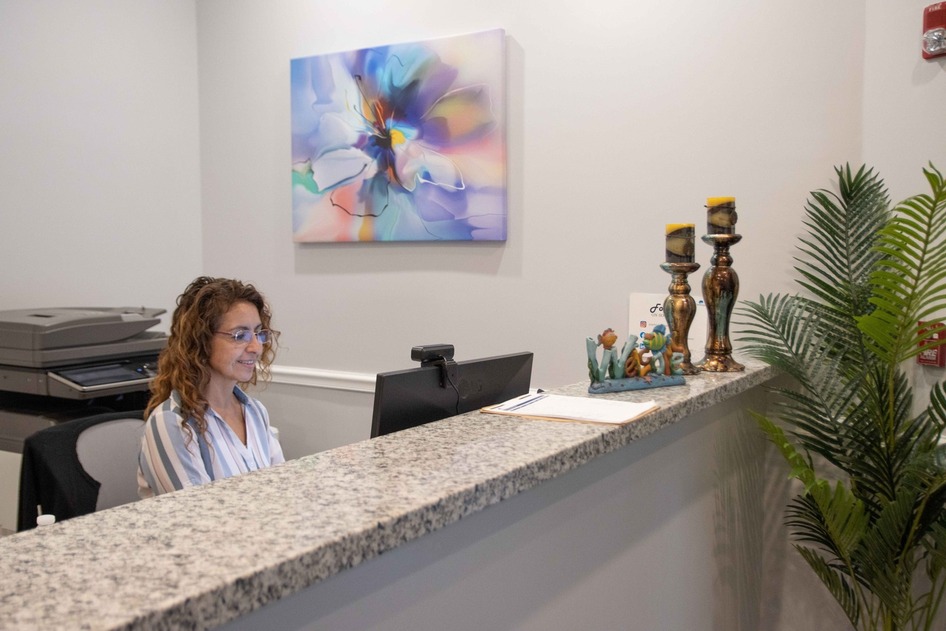How Much Does Dual Diagnosis Treatment Cost in Georgia With Private Health Insurance Coverage?
If you have health insurance, you can expect dual diagnosis treatment to cost anywhere from $200 to $1,000 per day. If you have insurance, part of those costs will likely be covered. The final price will ultimately come down to the treatment structure you choose and what your insurance plan will take responsibility for.
Care at a dual diagnosis inpatient treatment center in Georgia will cost significantly more and can be upwards of $20,000 per month, whereas traditional outpatient programs will cost less. It is prudent to have a good sense of your policy details prior to seeking treatment so that you understand the out-of-pocket costs you will be responsible for.
How Much Does Dual Diagnosis Treatment Cost in Georgia Without Private Health Insurance Support?
Without insurance coverage, you will be responsible for the full cost of your treatment expenses. These can range from $200 to $1,000 daily, but these costs will ultimately depend on the structure of treatment that you choose, your location, and the treatment center or provider you are receiving care from.
However, there are payment options if you are seeking treatment without insurance coverage. Many facilities or providers offer flexible payment options in the form of sliding scale fees or payment plans. Sliding scale fees are set by your provider based on your financial situation, and payment plans allow you to spread out the cost of payment over a longer period of time, making payments more manageable.










